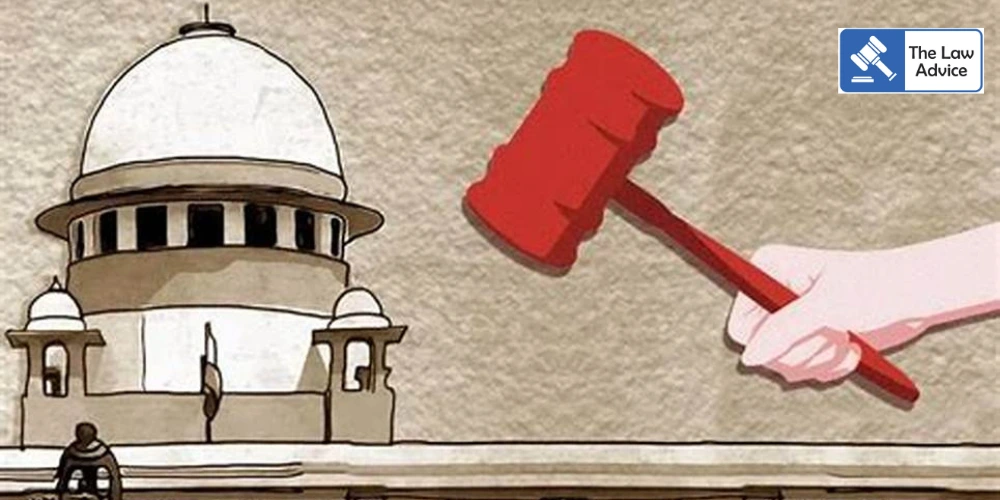New Delhi | August 6, 2025
In a significant pronouncement strengthening clarity in Indian matrimonial jurisprudence, the Supreme Court of India has ruled that maintenance or financial benefits received from a previous marriage cannot be used to reduce, deny, or influence alimony or settlement in a second marriage.
The Court emphasized that every marriage is a separate legal entity, and so are the responsibilities and entitlements arising from its breakdown.
The decision came in a case titled Anurag Vijaykumar Goel v. State of Maharashtra, where a husband objected to the alimony claim raised by his second wife. He contended that she had already received substantial financial benefits in her previous divorce and therefore was not entitled to additional support.
A three-judge bench led by Chief Justice B.R. Gavai, and comprising Justices K. Vinod Chandran and N.V. Anjaria, firmly rejected this contention. The Court observed that maintenance arises from the obligations created by a specific marital relationship and cannot be diluted on the assumption that a person was previously compensated in an unrelated relationship.
“Maintenance claims must reflect the financial dynamics, dependency, and responsibilities within that specific marriage,” the bench noted. “What a person received or gave in a prior marriage has no legal relevance while deciding a fresh claim in a subsequent matrimonial bond.”
The Court stressed that each claim must be considered on its own merits, factoring in the lifestyle, needs, and earning potential of the dependent spouse and not on past financial settlements.
In this case, the estranged wife had filed for a large maintenance settlement after the collapse of her second marriage. The husband claimed that her previous divorce had provided her with sufficient means to sustain herself. He also offered to transfer ownership of a ₹4 crore flat in Mumbai as full and final settlement, but the wife demanded ₹12 crore in cash and a luxury vehicle, which the husband opposed as excessive.
The Court, invoking its constitutional powers under Article 142, dissolved the marriage on the grounds of irretrievable breakdown and finalized the flat transfer as a reasonable, fair settlement. It refused the additional monetary and luxury demands.
While acknowledging the wife’s right to maintenance, the Court also factored in her professional qualifications and ability to earn, balancing the need for support with equitable settlement.
Key Takeaways from the Judgment
1. Every marriage creates its own legal responsibilities past divorces and settlements cannot undermine future claims.
2. Maintenance is need-based, not history-based courts must look at present dependency and earning ability.
3. Article 142 can be invoked to craft tailored relief when relationships have clearly broken down.
4. Excessive demands unsupported by present dependency will not be encouraged.
This ruling establishes a precedent that aims to prevent either misuse or overextension of financial claims while protecting the statutory rights of spouses under Section 24 of the Hindu Marriage Act, 1955.
• Title: Anurag Vijaykumar Goel v. State of Maharashta
